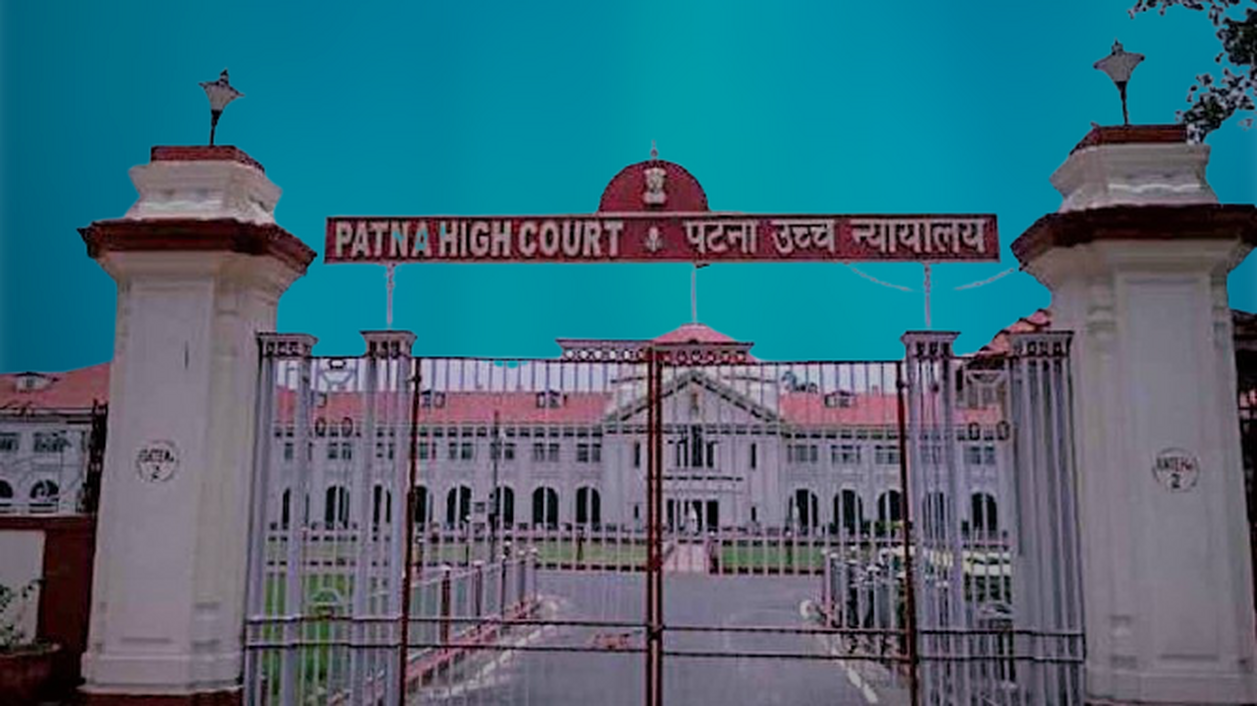InCivil Writ Jurisdiction Case No. 14579 of 2018 -PAT HC- Patna High Court upholds GST demand against Voltas Limited for failing to generate E-way bill; says company's reputation cannot be basis to assume that there would be no tax evasion
Justice K. Vinod Chandran & Justice Partha Sarthy [23-08-2023]

Read Order: Voltas Limited v. The State of Bihar and Ors
Chahat Varma
New Delhi, September 15, 2023: The Patna High Court has upheld a demand of Rs.1,05,656.00 imposed by the Bihar GST Department on Voltas Limited (petitioner) for failing to generate an e-way bill for the interstate movement of goods.
In the case at hand, the writ petition had challenged an order, issued under Section 68(1) read with Section 129(1) of the Bihar Goods and Services Tax Act, which had imposed a demand on the petitioner. This demand was related to a consignment of goods transported by the petitioner's driver and sold to another party.
The counsel for the petitioner had relied on a Notification issued by the Commissioner of Commercial Taxes. According to this Notification, there was no requirement to generate an e-way bill for the movement of goods within the State of Bihar when the consignment's value did not exceed two lakh rupees. In a case, where the consignment's value exceeded two lakh rupees, the petitioner stated, that an e-way bill was indeed generated. The counsel argued that there was no justification to suspect tax evasion, particularly considering the petitioner's reputable status as a company.
The Government Pleader argued that the goods covered by all four invoices were transported as a single consignment in one truck. During the inspection of the vehicle, the driver initially presented one e-way bill. However, upon further examination, it was discovered that there were more goods in the consignment than what was indicated in the e-way bill. Subsequently, the driver produced two additional bills, and the last bill indicated a supply to the State of Tamil Nadu. The Government Pleader contended that the presence of one consignment destined for Tamil Nadu constituted an interstate movement, and the aforementioned Notification did not apply in such cases.
The division bench comprising of Justice K. Vinod Chandran and Justice Partha Sarthy expressed its disagreement with the petitioner's argument that the reputation of the company should lead the court and the tax department to assume that there would be no tax evasion.
Further, the bench observed that the third invoice pertained to the consignment of goods to Tamil Nadu, which constituted an inter-state transport. This invoice was dated far earlier than the other bills. In fact, even concerning the first and second invoices, the billing occurred before the e-way bill for the three invoices was generated. The bench stated that there was no apparent reason why these invoices were not included in the e-way bill, especially considering that they were generated before the e-way bill was generated and pertained to the same consignee, with all goods intended to be transported in a single vehicle.
Therefore, the court found no valid reason to interfere with the order passed and dismissed the writ petition, leaving the parties to bear their respective costs.
Sign up for our weekly newsletter to stay up to date on our product, events featured blog, special offer and all of the exciting things that take place here at Legitquest.




Add a Comment